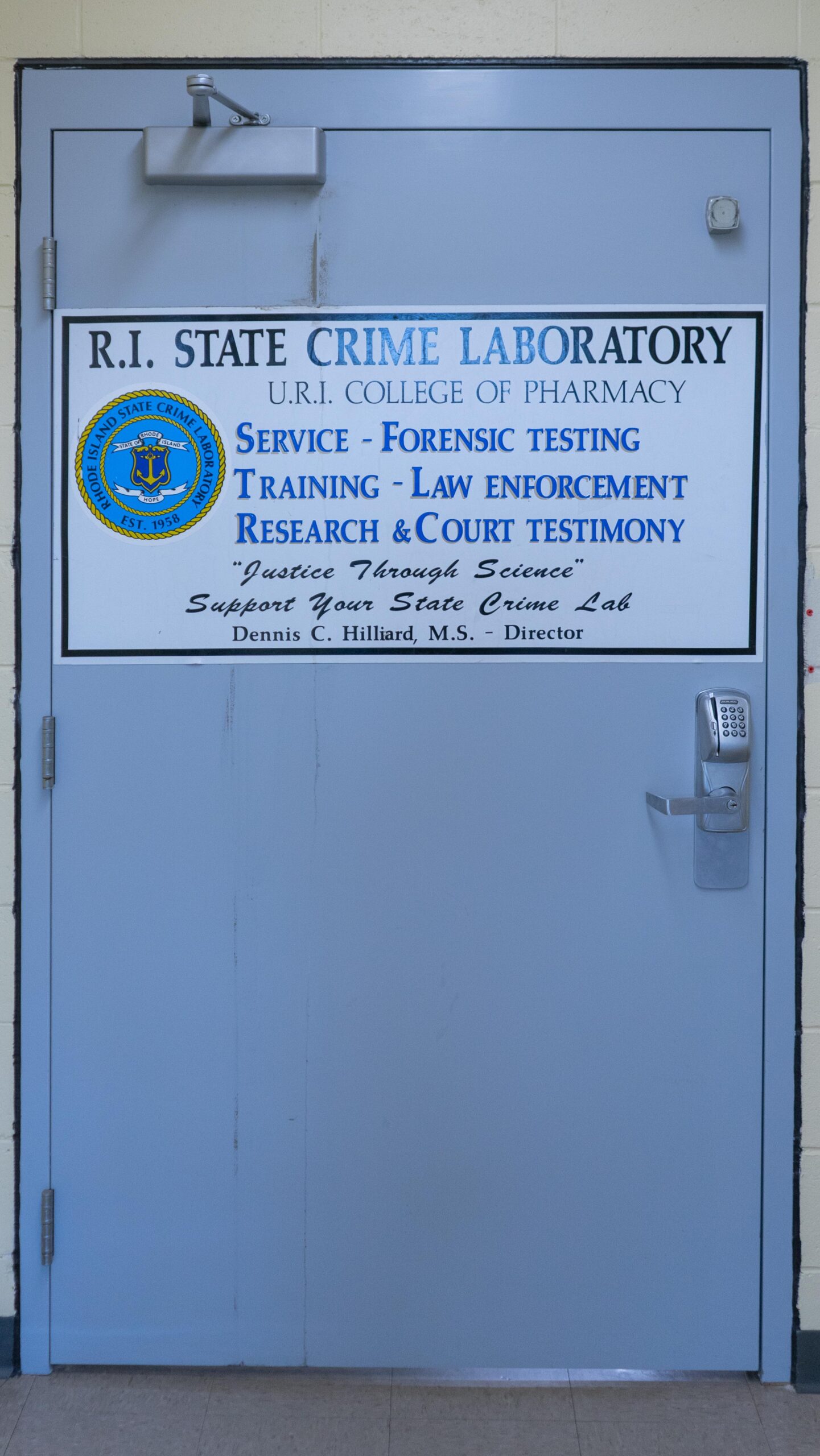The Rhode Island State Crime Lab, based at the University of Rhode Island, is experiencing delays in testing after suspending a portion of their firearms division in September following an evidence discrepancy.
The suspension was made public in a Sept. 3 release by the Rhode Island Attorney General’s Office.
Toolmark analysis, or identifying the weapon used by markings left on the bullet and cartridge case, stopped at the Rhode Island lab on Aug. 20, according to the Rhode Island Current .
The suspension came after casings from a firearm allegedly used in a 2021 Pawtucket crime matched casings from a firearm in possession of the Boston Police Department, according to Dennis Hilliard, the Rhode Island Crime Lab director.
The employee who identified the discrepancy notified Hilliard, who reported the issue to the state.
As of Sept. 4, 50 criminal cases involving firearms have been on hold due to the suspension, according to the Rhode Island Current.
The crime lab is responsible for examining evidence related to crimes in Rhode Island, Hilliard said. URI’s lab specializes in fingerprints, toolmark and trace analysis.
Moving forward, evidence may need to be re-examined, according to the Rhode Island Attorney General’s Office.
“This Office is working expeditiously to identify all cases where a firearms examination involving tool marks analysis was performed so that we can determine whether retesting of evidence by an outside, independent, accredited laboratory is necessary and understand the full scope of any impact, or whether this was an isolated incident,” the release said.
Two examiners came from New York to train in assisting with casework, Hilliard said. The lab now needs to fill two vacancies, and cases ready to go to court now have to be re-examined by an outside laboratory.
In a letter to Rhode Island Law Enforcement Agencies provided by the Rhode Island Current , Hilliard said these procedures may cause delays.
“This process may result in delays of analysis and reporting; however, every effort will be made to provide analysis in a timely manner with a continued emphasis on quality,” Hilliard said.
The process of hiring the two new examiners may take three to six months, Hilliard said. Ideally, the lab is looking for someone with 10 to 20 years of experience.
“There’s no college education for this position,” Hilliard said. “It’s something they learn on the job or go to a specialty school that’s promoted by the Alcohol, Tobacco and Firearms Federal Agency.”
While someone is being trained for that type of position in house, Hilliard said he won’t be able to testify on the bench for another 18 months.
Until those new hires are brought in, extra steps will be taken to ensure evidence validity, Hilliard said.
“For the time being, we’ll still probably send out their results to another outside agency for verification, just to satisfy the legal community that we’re doing everything possible to make sure that we’re getting the correct answers on that,” Hilliard said.
The trace analysis and fingerprinting divisions of the lab are still up and running, according to Hilliard.





